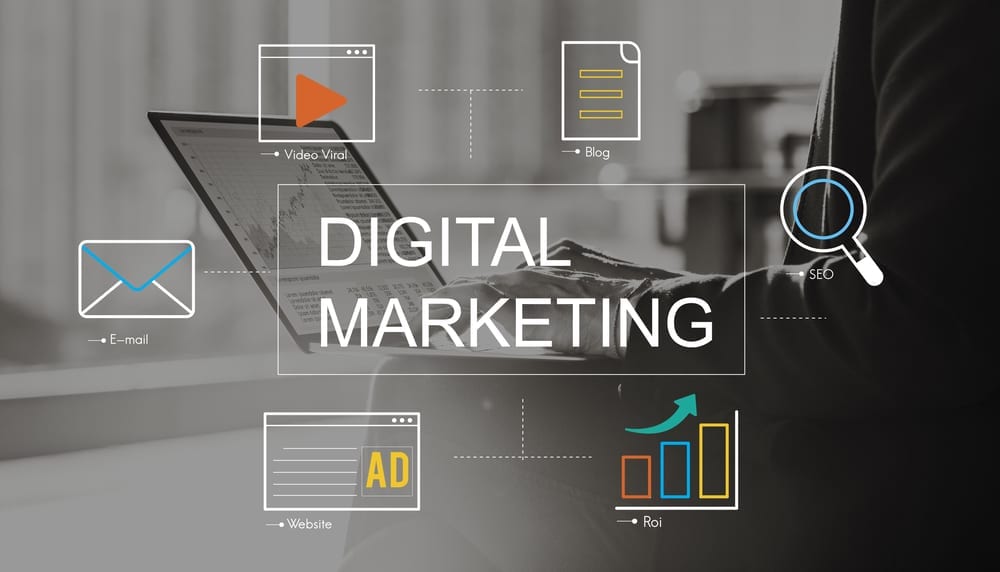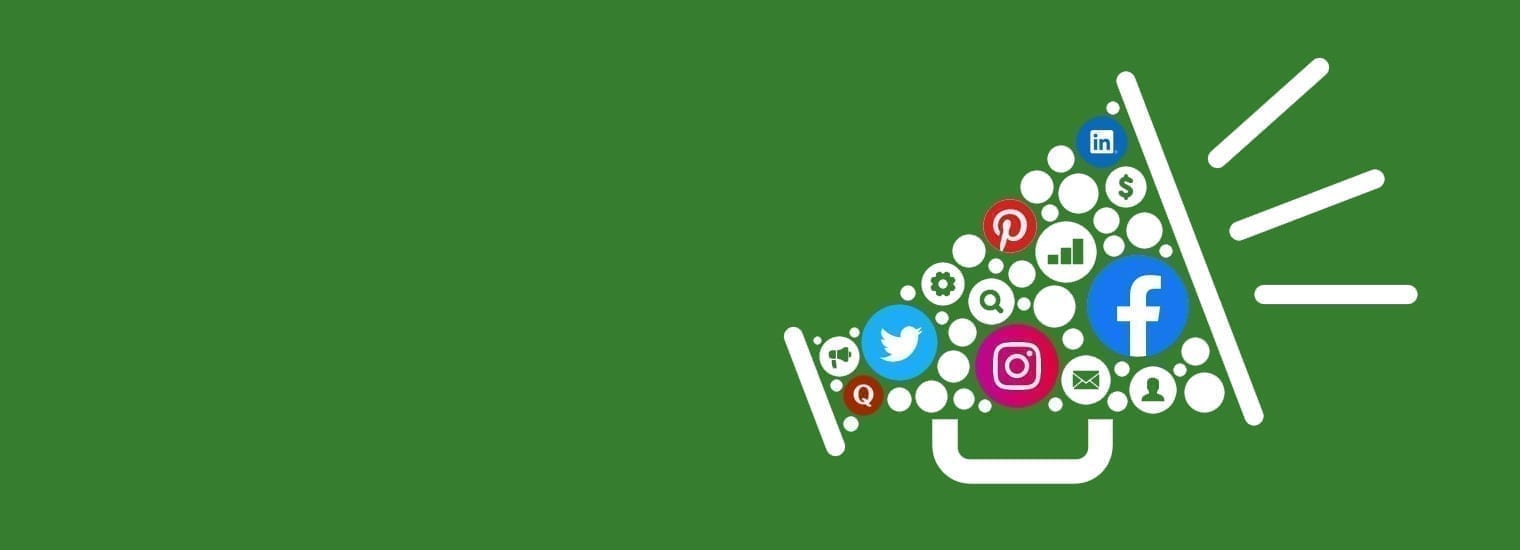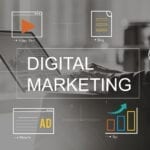
July 30, 2020
/
Digital marketing – what is it?
Digital marketing - what is it?
You probably think: “Well, here’s another abstruse word. Is this something related to regular or online marketing?” But digital is not as scary as the name itself sounds. And many companies successfully use his methods, sometimes without even knowing about it. Definitely digital marketing doesn’t include promotion through such traditional channels as newspaper ads, flyers, TV ads, billboards, radio, or physical banners. Although, if a QR code is indicated on the billboard, with the help of which you can go to the site, then this is already digital marketing.How Digital marketing began
At one time, digital was possible without internet marketing at all. An example of this is the pioneers in this area, SoftAd Group (now ChannelNet). In the mid-80s, they developed an unusual advertising campaign for several car manufacturers at that time. The idea was this: readers of the magazine had to cut out a special insert from the magazine and send it by mail. And in response, they received an offer of a free test drive and a floppy disk on which there was an advertisement for various automobile brands. So the company used digital media in combination with offline promotion tools. And the term “digital marketing” (or “digital marketing”) itself began to be used in the 90s.What is included in digital marketing
Each of the tools and channels of digital marketing can be devoted to an article. Therefore, we will not analyze them in detail, but list the most common of them:- digital TV and online radio;
- advertising in applications, instant messengers, and online games;
- SMS and MMS;
- Running ads on interactive and street LED screens, and self-service terminals;
- SEO and SEM - search engine marketing on the web;
- contextual advertising, banners, and teaser advertising;
- SMM - social media marketing;
- Email marketing
- affiliate marketing, Where the webmaster collects payment for attracting each visitor or buyer.
What do digital agencies do?
Generally speaking, digital agencies ensure the presence and promotion of the brand in the digital environment. The team may include a marketer, SEO specialist, analyst, project manager, designer, layout designer, programmer, content manager, and copywriter. For occasional work, such an agency can hire freelancers, such as videographers or photographers. Digital agencies provide the following services:- development of a comprehensive product promotion strategy;
- website creation and promotion, design, media, and contextual promotion;
- work with online communities;
- organization of offline events;
- creating ads for digital TV or online radio, etc.
Digital Marketing Benefits
- Digital marketing allows you to reach both online and offline consumers who use tablets and mobile phones, play games, and download applications. So the brand can communicate to a wider audience, not limited to the Internet.
- The ability to collect clear and detailed data. Almost all user actions in a digital environment are captured by analytical systems. That allows you to draw accurate conclusions about the effectiveness of different promotion channels, as well as to make an accurate portrait of the buyer.
- A flexible approach - digital marketing allows you to attract an offline audience to the online market, and vice versa. For example, using the QR code on the flyer, you can direct the user to the site. And at the same time, thanks to the email newsletter, you can invite subscribers to a seminar or other offline event.
Recent Posts
yasirbha
What is Social Media Marketing?
yasirbha
What is a CMS?
yasirbha




